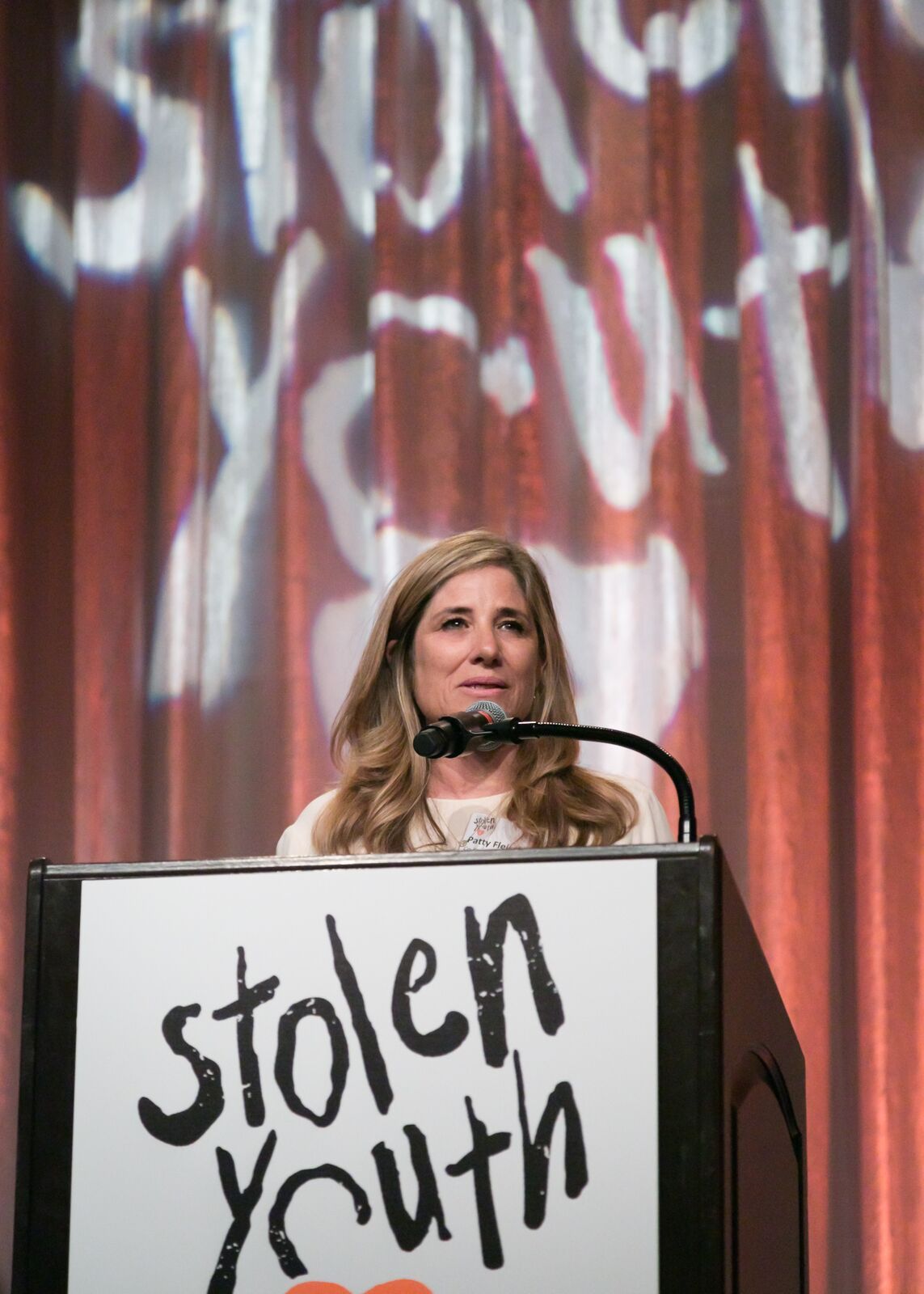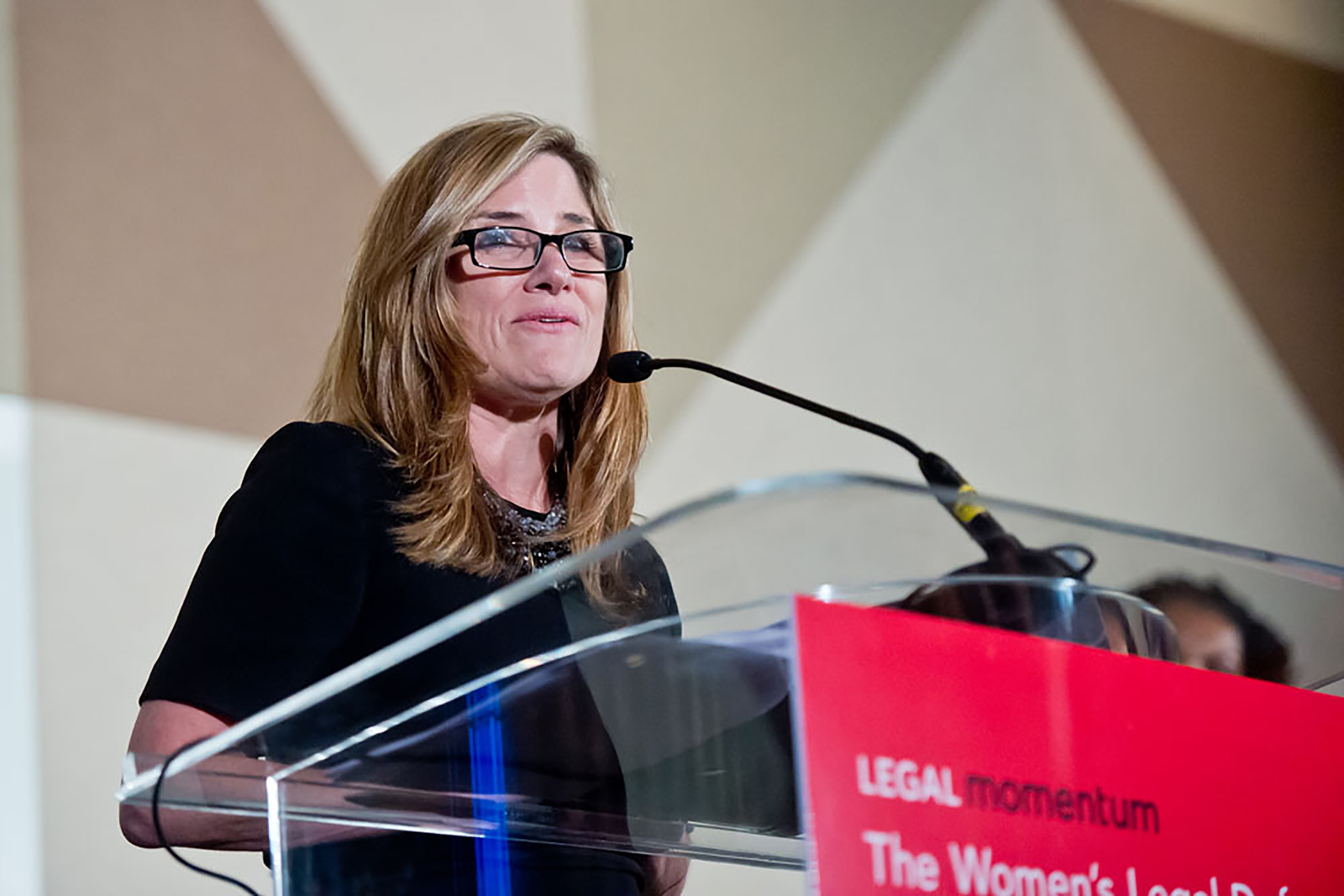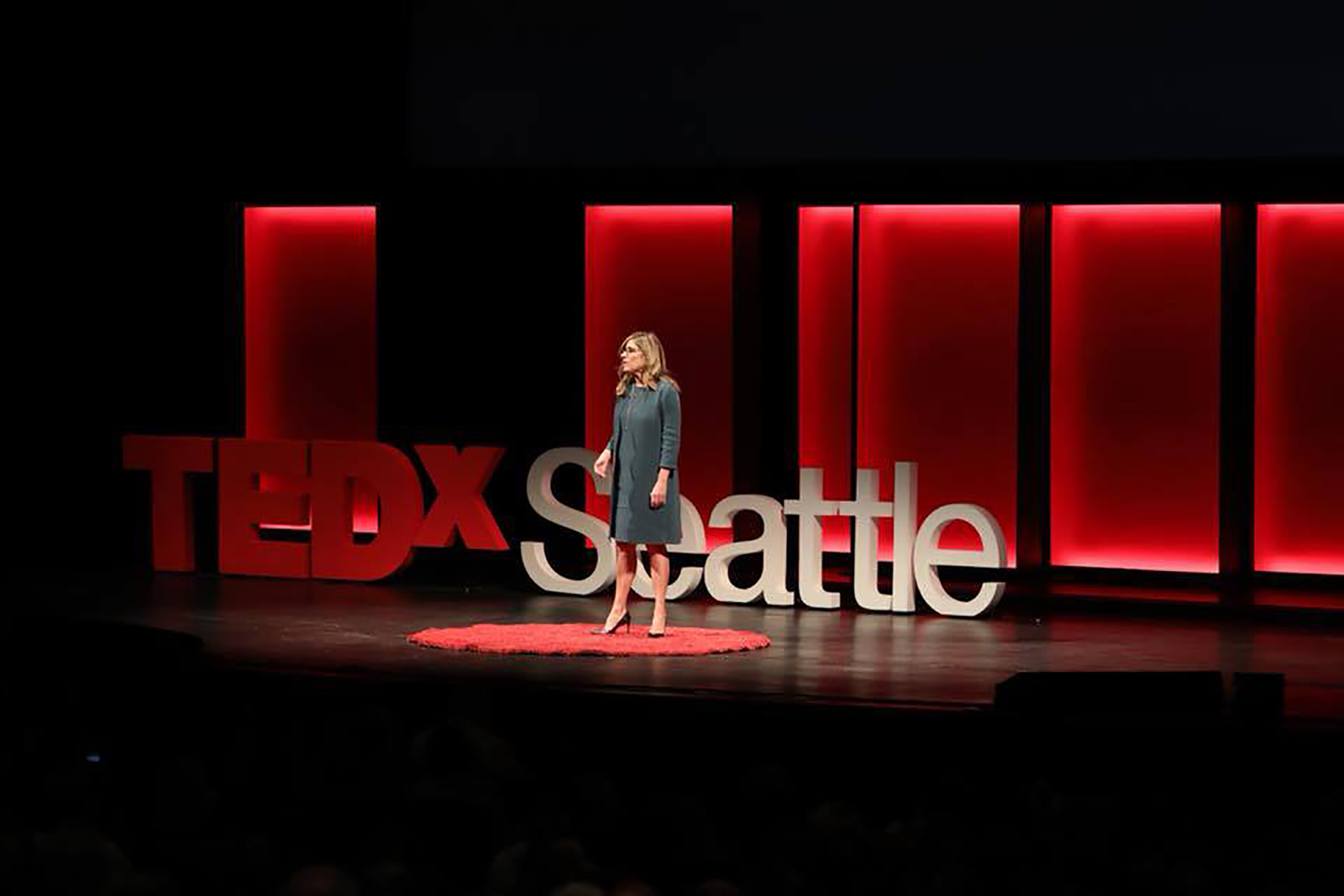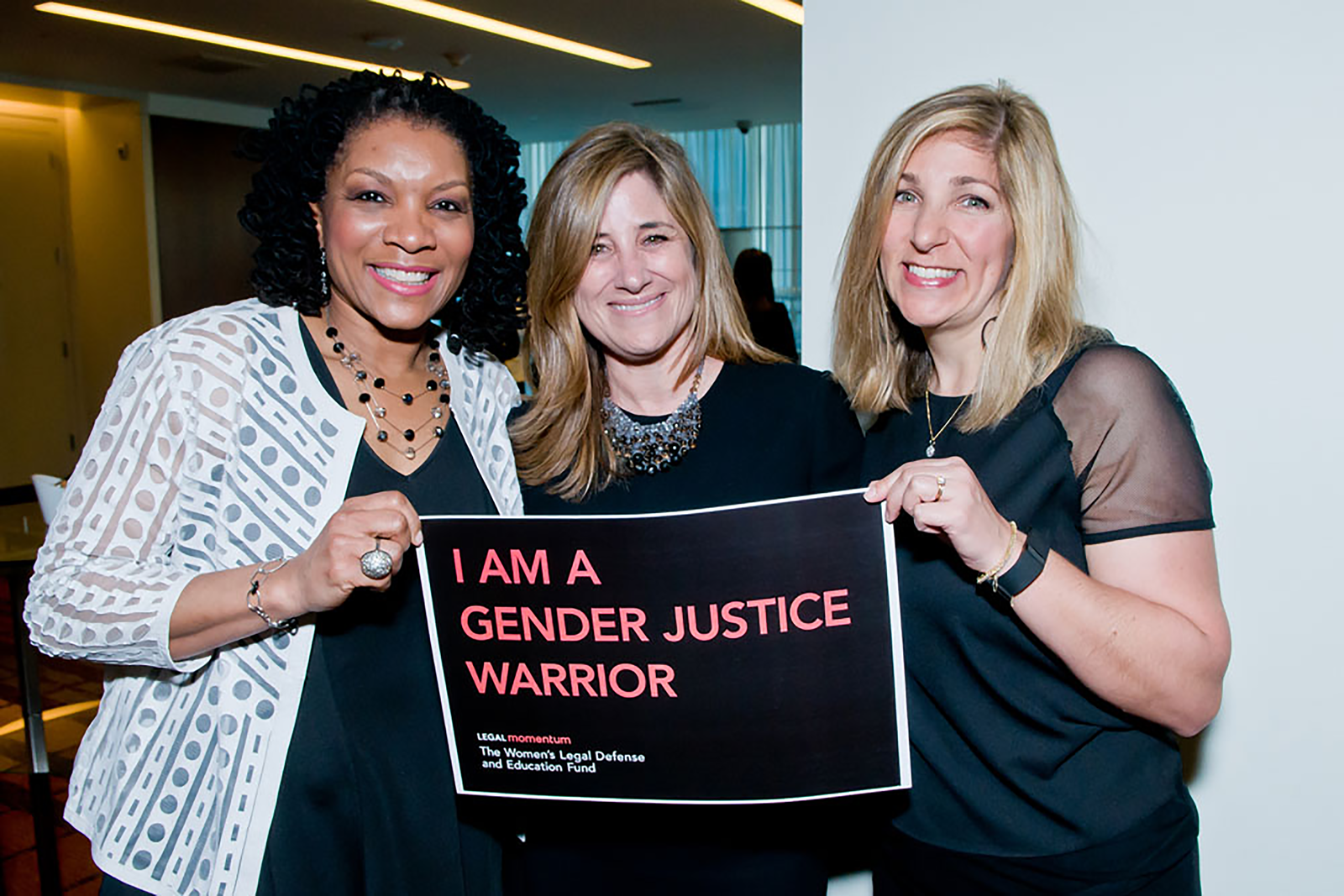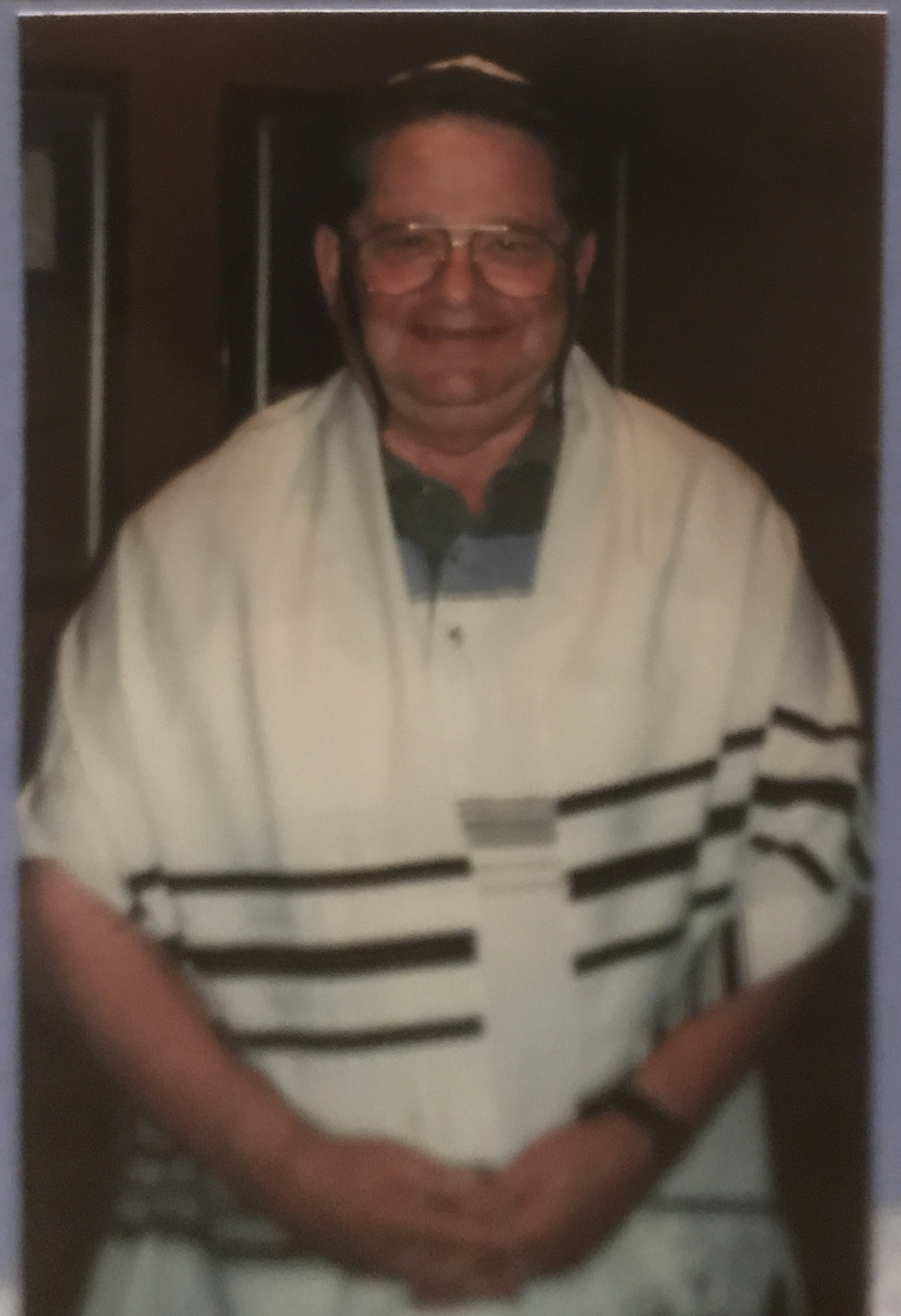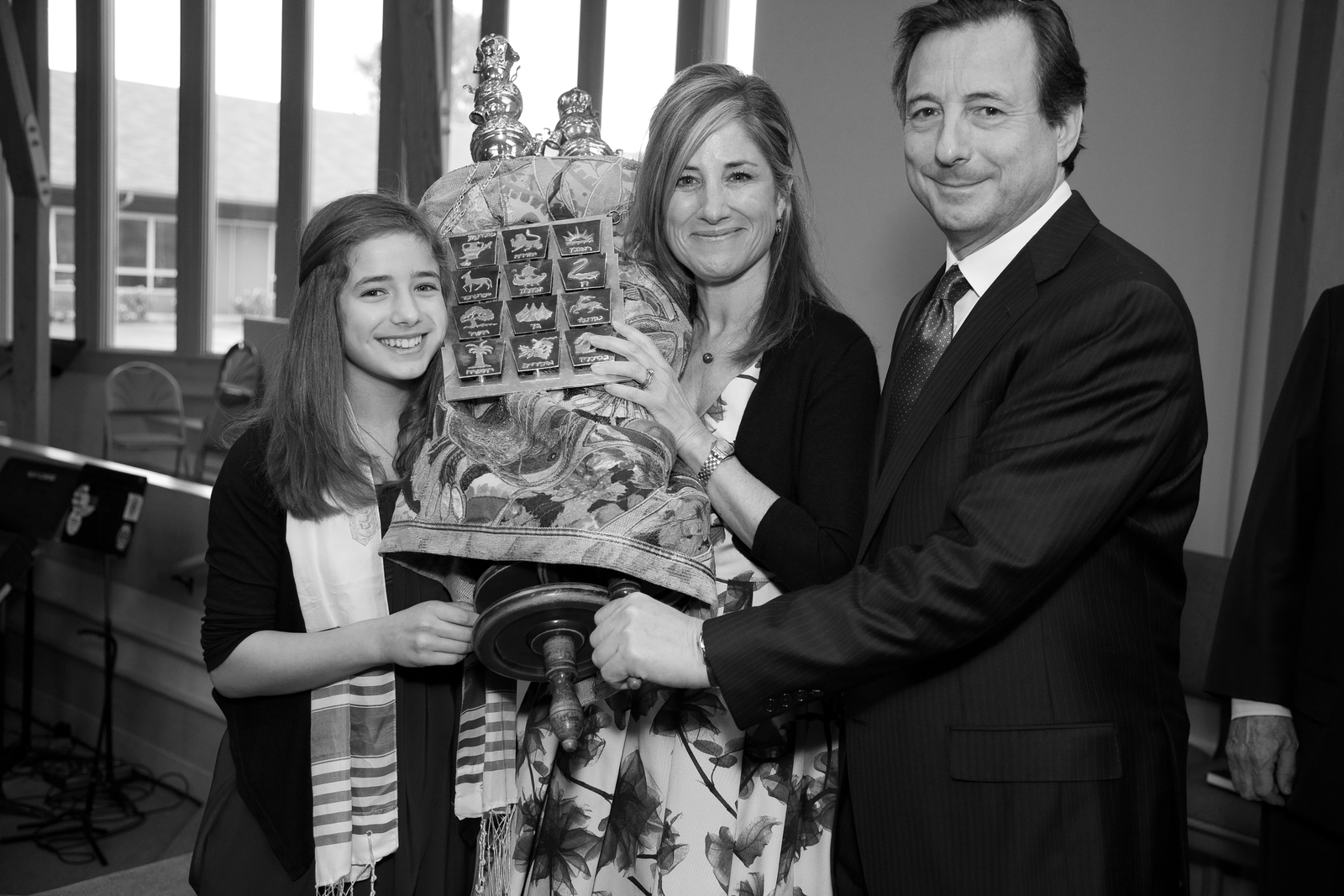I was initially involved with a film called Sold. It was about the global trafficking issue, about a young girl trafficked out of her village in Nepal into the brothels in India. I was obviously horrified and appalled by the situation globally, but thought, "I’m putting all this energy and effort and resources into the global issue, what’s going on in our own backyard?" After seeing first hand how they were helping these young girls in India, I came home and found out that Youth Care was the organization on the ground giving these survivor the wrap around services they needed. We thought we could raise money for them to build a house to shelter these vulnerable youth. We thought it was a grand idea. And they said, "Thank you, that’s amazing, but it’s not exactly what we need." So we asked them, "What do you need?” And they said, "What we really need is money and resources to give these kids counseling, beds, drug treatment, training, education. And we need to pull together a coalition of services." So that’s how StolenYouth started. Our first year, we raised $700,000 from 700 people. The community was incredibly supportive and generous. Since then we have raised over 5 million dollars. These funds are granted to five organizations, so we can address the problem from many angles. I think that’s had a profound effect on the issue. What I’m most proud of is that we are actually disrupting the marketplace and moving the dial on what is an incredibly complicated and layered issue, as any issue with deep trauma involved is.
The organizations they work with
Our mission is to end child trafficking in the state of Washington. We are a local nonprofit, doing local fundraising for local organizations. Currently we raise awareness and funds for five organizations. First is the Center for Children & Youth Justice, where we fund a data collecting program. Then Businesses to End Slavery and Trafficking, which trains hoteliers and businesses about what to look for with child trafficking. They also have a Safe Jobs program for these kids once they’re out of the life, so we support that. We support an organization called Organization for Prostitution Survivors that is led by survivors, and they provide trauma informed services. We support the "Stopping Sexual Exploitation" program run by Peter Qualitine. which is a non-judgmental program based on principles of social justice and personal transformation that’s designed to help men understand their behavior. Peter often shares a story about a man coming into the program because he was mandated by law and he knew he had to be there, but after the 10-week program he understood why he had to be there. We also support Youth Care; who trains the advocates that go out and meet the kids where they are at. A lot of the buying now is online, so we’re also supporting an organization called Seattle Against Slavery, who is working on flipping the technology around and combating the demand using technology like chatbots. By supporting these efforts...we are dealing with demand, prevention, wrap around services, we’re able to cover all the bases.
We’ve been in situations where we’ve been able to meet with survivors after they’ve been out of the life and hear their stories. Last year we had a survivor from Seattle speak at our luncheon and she told a story about being on the Burke-Gilman Trail and being beat up by her pimp in front of people that just looked the other away. When she was rehearsing for the luncheon the night before, she got very, very emotional, and of course as a therapist and as a mother I was very concerned. I went to her and said, "This is really hard, you do not need to do this. You should be really proud of yourself for getting this far." And she looked at me, and said, "I have to do this." And she got up there on stage in front of 1,000 people and there wasn't a dry eye in the house. After she received a standing ovation. It’s difficult issue to hear about and know that it is happening in our backyard to our kids, in our community. It’s almost too close to home. But at the same time, when you see these survivors get out of the life and lead productive and happy lives, then it just makes you want to work harder.
Who is impacted by trafficking
The majority of these sexually exploited youth are local children. Over 90% have been abused in some way and are very vulnerable to these predators. These traffickers are skilled, they know exactly how to groom these children to pull them into the life. It can be as simple as "You look beautiful, you should model." Or "I can take care of you, I can be an amazing boyfriend." And then... "Can you do this for me?" The average age is twelve to thirteen; that is the age developmentally where kids are forming their identity and are at their most vulnerable and insecure. They are prone to seeking acceptance and love especially if there’s been any kind of abuse, unstable housing or a disconnect with family. And then there are kids, like the one I told you about that was at our luncheon, with a "normal" and intact family. She had run away from home because she had received a bad grade, she thought her father would be upset and she was caught by a trafficker and trafficked across state lines. It can truly happen to any child so raising awareness that this ishappening in our communities and how it is happening is vitally important. We need to look at the racial inequities as well. We know that 56% of these kids are kids of color and being bought by white, privlaged males. We need to look at the root causes of child trafficking in our society.
Work as a therapist and its impact on her advocacy
I’m a licensed marriage and family therapist. I have a private practice and have been practicing in Seattle for 26 years, and I love it. I see individual adults, families and couples with issues around anxiety, depression, life transition, parenting, communication, and trauma. I have always had the ability to easily connect to people and to empathize with their experiences, no matter what they are. I appreciate the struggle and the "messy". So, going into the field of child trafficking, I knew I had the stamina and expertise to deal with traumatized victims, but I didn’t know really how it was all going to pan out. I just knew I had to do something. I could not look the other way. The therapist lens that is uniquely mine helps me understand on a deeper level the layers of trauma these young women have experienced and how that manifests in their lives. It allows for a greater empathy and ability to look for solutions that actually make a difference.
As a therapist, it’s an interesting question, “How do you measure a client’s progress?” It could be, "She drove over the bridge today. She couldn’t do that yesterday because of extreme anxiety or phobias. That's progress." It’s the same thing with these kids. It might be that this child calls an advocate before she calls her pimp. It might be that she comes to the drop-in center and doesn’t spend the night, goes back into the life, but comes back later. We have a lot of measurables now. To date, we have connected over 500 kids to services. So we have data. Like the numbers of people that the Google ads are connecting to, the 10,000 disruptions at the point of sale that the chatbots were able to accomplish. We have thousands of people that have been trained in hotels, businesses, healthcare and airlines to look for victimized children. We have data on men changing their buying behaviors and changing how they view buying prostitutes.
Seven years later, we know how to fix this. We know that what we are doing is working and that’s really empowering and inspiring.
Bringing perpetrators to justice
They used to arrest the children, but now they’re arresting the buyers. They’ve made a monumental paradigm shift. And going after the buyer is easier, they can do online stings, posting fake ads that bring the buyers into law enforcement. There have been several stings here in Seattle that rescue children. That’s been important work. They’ve realized that they can’t arrest their way out of the situation, they can’t just keep arresting these kids. So, it stopped. We haven’t arrested a child in over three years.
There are beds and shelters for these youth at the agencies that we are connected to. They are able to receive trauma informed wrap around services that they so desperately need. It’s about getting to these youth though...where they are. That's why survivor lead services and advocacy is so important, they understand it in a much deeper way. There are layers and layers of trauma; they’re afraid, ashamed and they can be affected by what is known as Stockholm Syndrome – they feel in love with their trafficker and that he is the only one that loves the victim that he is her/his family. You have to break through that denial, and that takes time. It’s hard work. It’s really the agencies on the ground doing the hard work of staying connected to these kids. They’re relentless and fierce, and I learned the most from them.
My father was born in Warsaw, Poland. When he was six, the war broke out. His father was in the Polish army, so he left the family and my dad was alone with his mother and a nanny. They were in the Jewish ghetto for a period of time and then were able to bribe their way out. Somewhere around the age of eight or nine, my Dad remembers his mother left for a pack of cigarettes and never came back. He was left alone with the nanny, who was not Jewish. My father didn’t look Jewish, so she was able to pretend that she was his motherfor a period of time. Then somehow he lost connection with her and my Dad was alone. He joined the Polish underground resistance as a child soldier. He was running messages back and forth, and he got caught coming out of a sewer and running across a field with another boy. He was shot in the leg and put on a train, which they believe was going to Auschwitz. But he was pulled off the train in a town outside of Krakow, called Biezanow, and he was hidden with a Catholic family for the remainder of the war. They risked their lives for my father. My grandfather, Ludwig Rechtszafen, survived the war and had emigrated to the United States. He was desperately searching for his family and found my father through the International Red Cross. He brought my dad to the United States when he was 13 years old and assimilated him into the culture in California, into LA. He grew up going to school in Los Angeles; he dated girls from Marymount and met my mom. After they married my mom’s family disowned her in the very beginning because he was Jewish and Polish, a foreigner. They came around after my sister was born in 1958. My Dad waited over 40 years to find out what happened to the remainder of his family during the war and to go back to Poland for the first time. He found out that his mother had been killed by the Nazi's on the streets of Warsaw and the rest of the family were killed in the camps.
My mom and dad met when they were 19 and 25. They had four kids who they raised in Los Angeles. They raised us Protestant. When I was in high school, they sat us down and said, “You know the story about your dad being shot in the leg when he was a young boy in Poland? We didn't tell you the part of the story, which was that your dad was Jewish. He was running from the Gestapo and was shot in the leg, caught and put on a train to what they believe was Auschwitz. A Catholic priest pulled him off the train and hid him with a Catholic family. That is how he survived the war as a young Jewish boy” I was so happy. All of a sudden, everything made sense to me. There was a time when my Jewish history was still unknown, that my mom had said to me, “You want to be Jewish, don’t you?” All my friends were Jewish, and I had connected to it very deeply. I think I always had a very Jewish soul. I was with my parents 30 plus years ago when my Dad went back to Poland for the first time to discover his roots. We saw where he grew up and visited all the Jewish historical sights. It was very emotional and a tender time for my father. Many years later when I married my husband, Steve Fleischmann, we had a very traditional Jewish wedding that I planned. I went through my own conversion, sat in front of a bet din, answered all the questions and went to the mikvah. We have raised our kids in the Jewish tradition, with Shabbat dinners, Jewish Holidays and both Bar and Bat Mitzvahed. One of the things that was especially powerful for me was when my dad flew up for the bris for my son Jack. It was the first time my dad had been at a bris since his own and he had the honor of being the Sandek. It was a very poignant and healing moment for our family.
Significance of her history in her work
Somebody asked me, “Why do you do StolenYouth, why not homeless youth or why not other types of abuse of children? Why trafficked children?” And I hadn’t realized it, but the stories that I grew up with were all about rescue, recovery, hidden, vulnerable, marginalized, in the shadows, in the darkness. I realized “Oh, that’s where it comes from.” My father's story was all about being hidden and vulnerable. I had this strong affinity towards the disenfranchised and the underdog. In a way, the work I do is all about my dad’s legacy, his history. I believe that I am living one of the most important Jewish values of Tikkun Olam, repairing the world; somehow that has just been inherent in me, part of my DNA since I was little, and I love that I have this opportunity as an adult to model this for my kids. Living Tikkun Olam is deeply important to me. I remember hearing it when I was a young adult, but not understanding that that was part of what I was going to do in my world. It brings meaning and purpose to everything I do.

